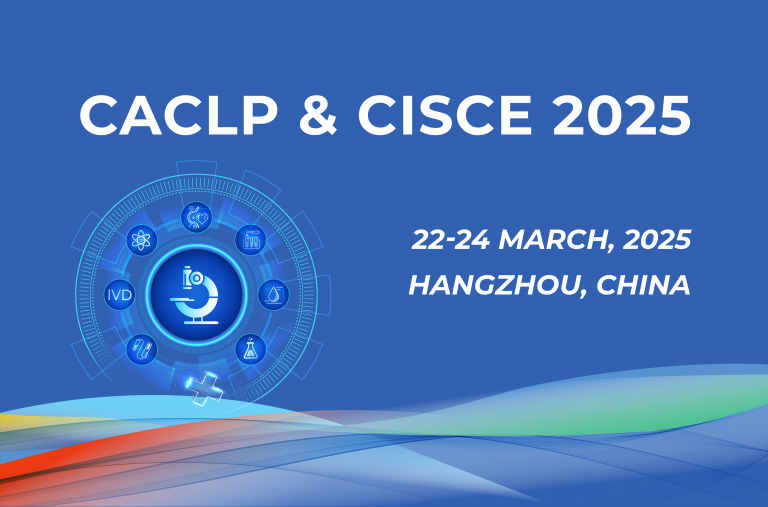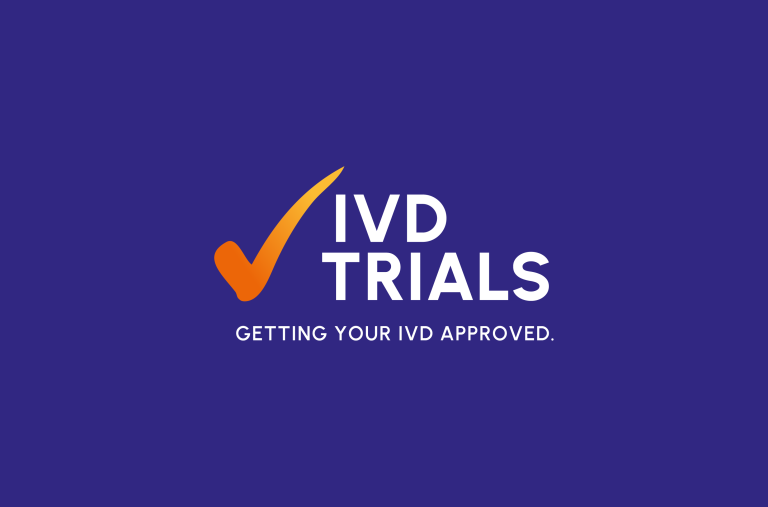IVD TRIALS – Your German partner for high-quality trials!
With our expert team and numerous test systems in house, we perform the entire validation process for you at our own facilities.
Take advantage of our extensive know-how in analytical and clinical validations, compliant with the European IVDR, Chinese NMPA, Australian TGA or WHO regulations.
- IVD professionals at your service
- Highest quality at a reasonable price
- Best chances for an approval of your assay
Performance evaluation for In vitro Diagnostics (IVD)
As a renowned regulatory expert and contract research organization (CRO), we provide professional support at every step of your performance evaluation.
Analytical performance studies
Under IVDR, for example, we offer all analytical performance testing relevant of Annex I parameters such as analytical sensitivity, analytical specificity, trueness, precision, and accuracy.
Clinical performance
studies
Use our services to test all IVDR Annex I parameters, such as diagnostic sensitivity, diagnostic specificity, positive and negative predictive value, likelihood ratio, and expected values in normal and affected populations.
Are you looking to validate your IVD according to EU IVDR, WHO, TGA or NMPA?
This is why our experts guarantee the best chances for an approval of your assay:
100% in-house expertise, no freelancers or subcontractors
direct access to more than 900,000 human biospecimens in stock as part of the German MEX Group
proven record from more than 300 successful clinical IVD trials at highest quality levels

What sets us apart
Our infrastructure is unique – which is why we can offer you services like no other IVD CRO.
- Daily prospective collections in own donation centers
- Large L2 and L3** lab facilities
- Direct access to Europe’s largest commercial inventory of human biospecimens
- Study design at the highest quality levels
- External quality assurance according to DIN EN ISO/IEC 17025

What our customers say:
„Thanks to the professional support of IVD TRIALS,
this comparative study was a great success.“ – finddx | Diagnosis for all




